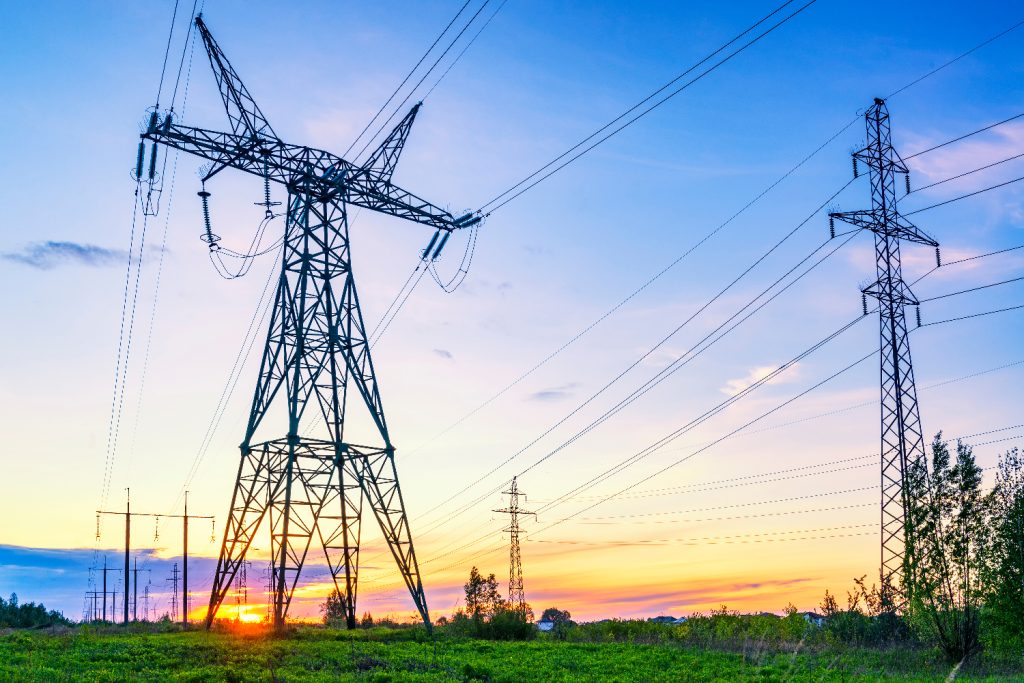
The Loudoun County Board of Supervisors recently expressed its opposition to a proposed new high-voltage transmission line by NextEra Energy, Inc. This line would cut through western Loudoun County, a move that has stirred concerns about the potential impacts on the area’s environment, heritage, and local economy. The Board adopted a resolution during their April 16, 2024, business meeting, firmly opposing NextEra’s proposal, known as “Proposal 853,” which plans to establish 500kV transmission lines from a new substation near the West Virginia border to the Aspen substation near Cochran Mill Road, east of Leesburg.
This proposal was initially approved by the Transmission Expansion Advisory Committee of the Pennsylvania-New Jersey-Maryland Interconnection, LLC (PJM), a regional transmission organization that oversees the movement of electricity across thirteen states and the District of Columbia. Despite this approval, the Board highlighted the route’s potential negative impact on natural, environmental, and heritage resources, and sectors such as agriculture, equine, hospitality, and tourism. Particularly concerning is the route’s proximity to mountainous, rural areas and significant historical sites near Waterford, Paeonian Springs, Hamilton, and Leesburg.
In response, Loudoun County proposed an alternative route utilizing existing electrical transmission rights of way. This alternative would connect the Woodside substation to the Doubs substation and then continue south across the Potomac River to the Aspen substation. This route aims to minimize the environmental and cultural impact by leveraging existing infrastructure rather than establishing new pathways through sensitive areas.
As the approval process unfolds, Loudoun County will serve as a referral agency for the proposals within its jurisdiction, with the State Corporation Commission (SCC) overseeing the final approval. The SCC is scheduled to conduct public hearings where county officials, local organizations, and residents can express their concerns and preferences.
The Board’s proactive stance on the issue reflects Loudoun County’s commitment to preserving its natural and historical assets while accommodating necessary infrastructure developments. For more details, the public is encouraged to review the staff report and the Board’s resolution available on the Loudoun County website.



